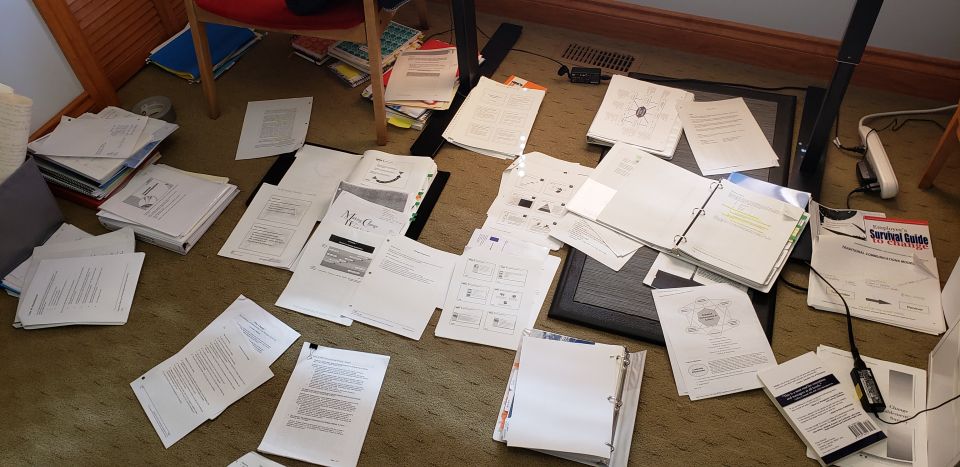
Burnout is happening across all sectors - health care, business, education, tourism, and more. Staff shortages, more work to follow safety protocols, new procedures to address issues we didn't anticipate in our lifetime, and expectations as high as ever. People are tired, people are stressed, and workplace burnout is rapidly increasing.
Here are three conversations that will help you address workplace burnout - from my book Talking Change: Must-Have Conversations for Successful Leaders and you can also listen to our podcast - Talking Change with Jen and Rebecca - about each conversation - why to have it, how to have, and the benefits.
1. The Stop, Start, Continue Conversation (page 158) - In a recent conversation with a friend she mentioned that her call centre staff were busier than in recent months, which was a great thing because it meant more bookings for tourism in their town, however, it also meant that the existing staff members were getting stretched thinner each day. She knew that if her staff got to the point of burnout and/or quitting that they wouldn't be able to deliver on the all the new bookings being made...enter the Stop, Start, Continue Conversation. I suggested she meet with her team to identify the activities, processes, meetings, or tools that could be stopped to create more time for the things that mattered most, what they needed to continue doing to deliver on their key priorities, and what they may need to start to work more effectively and efficiently. Your teams usually know the activities that add value and the ones that don't - get them involved to help themselves and the team avoid burnout.
Listen to The Stop, Start, Continue Conversation for more ideas.
2. The Impact Conversation (page 151) - So much change has happened in the last year and half. This conversation is a chance to assess the true impact on people and operations. It's also a chance to assess people's perceptions of the change and what they feel they are losing or gaining with the changes. Ask questions such as: What changes will have (have had) the biggest impact on our team? What is not changing for us? What do you perceive you will lose due to this change? How likely is it, in your view, that the perceived loss will happen? What will we gain from this change? What actions are we willing to take to realize the gain? Resistance to change often comes from fear of loss - uncovering what people perceive they will lose due to a change is a great start towards dealing with resistance and gaining buy-in.
Listen to The Impact Conversation podcast for more ideas.
3. The Coordinate Your Asks Conversation (page 121) – My sister and I recently discussed change fatigue and one way to combat it through the Coordinate Your Asks Conversation. Do you know all the things your employees are being asked to do? Does your management team consult with each other before they land their requests on the organization? Change is not just the initiatives with project plans – new team members, transitioning to working remotely, team members leaving, or external regulation changes all impact your team members at the same time as the initiatives with project plans. This conversation helps you coordinate your asks of employees so they are not overwhelmed with requests coming from all directions.
Listen to the Dealing with Change Fatigue and The Coordinate Your Asks Conversation – podcast and download the Month in a Box template to help you coordinate.
Bonus conversation to address burnout
- The Celebration and Thank You Conversation (page 172) – As simple as it sounds, find ways to thank your team and ensure they feel appreciated during this unusual and stressful time. Thanks and appreciation can go a long way to energize people when they are feeling tired and stressed. Listen to this conversation podcast for more ideas.
IMPROVE YOUR CHANGE GAME
Are you managing or supporting a change initiative? Take the Leading Change for Project Managers course to build your confidence, skills, and toolbox to plan and manage change with ease.
Are you leading a team through change – whether you chose the change or not? Bring the AIM Changer program to your organization – it will change the way you lead forever.
Get the Whistler Report straight to your inbox. Sign up here.
